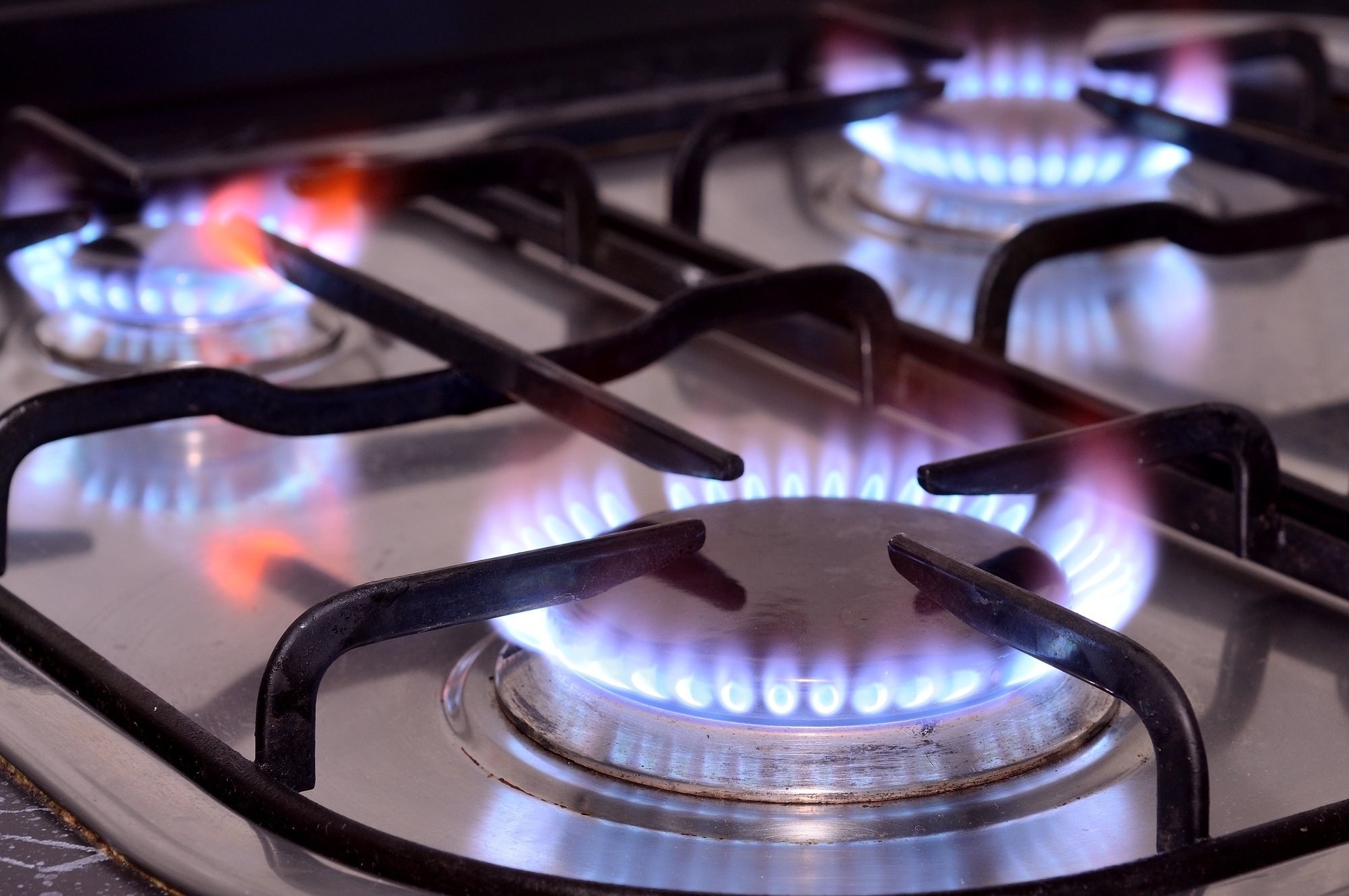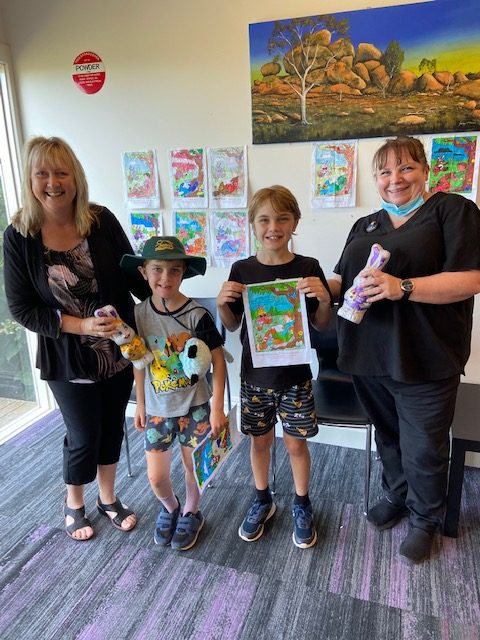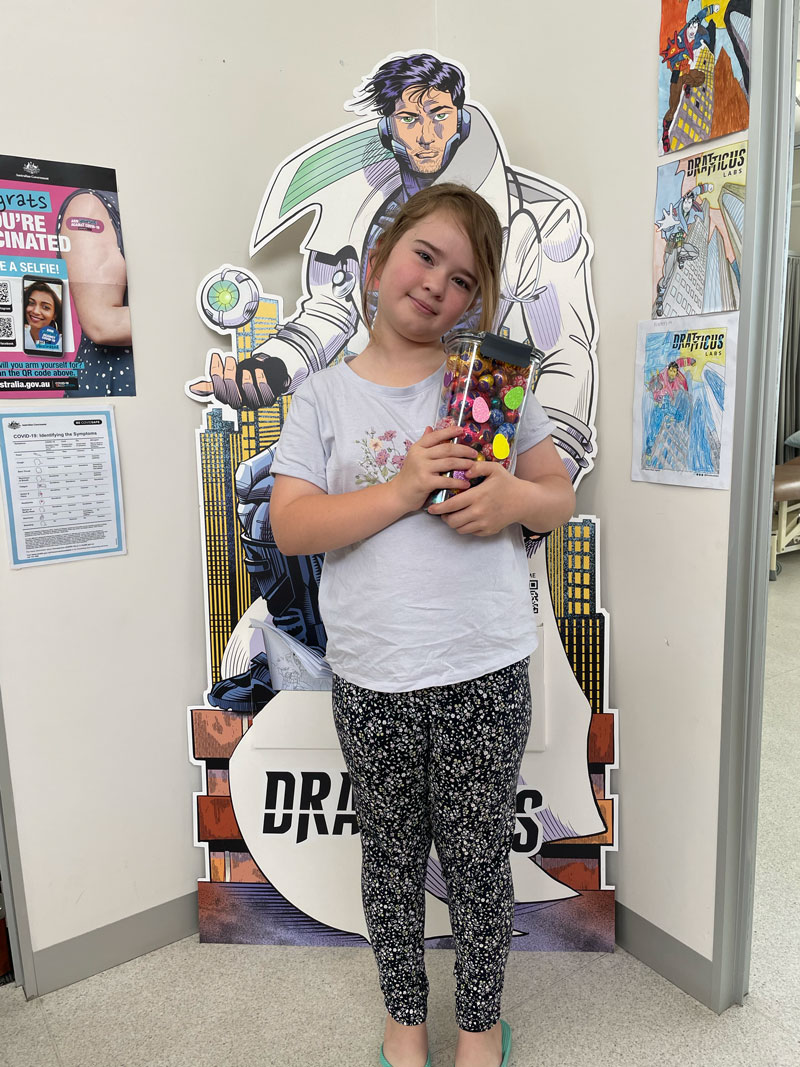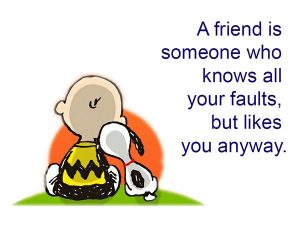Any gas appliance, especially if faulty or used incorrectly, has the potential to leak carbon dioxide. This can cause a health risk, or even death, when used in enclosed or poorly ventilated areas such as inside the home or in a caravan. Gas appliances include gas heaters, wood heaters or fireplaces, and equipment or items powered with a gas or petroleum engine.
Symptoms of carbon monoxide poisoning are non-specific and can be confused with other more common conditions. This increases the potential that carbon monoxide exposure is not identified by health professionals which may have serious or potentially fatal consequences. Read the full Department of Health advisory: Carbon monoxide poisoning.
- Carbon monoxide is an odourless, colourless gas. It is a combustion product made by burning substances such as petroleum products (eg. gas, oil, kerosene, diesel, petrol), wood and tobacco.
- Very high levels of carbon monoxide can cause loss of consciousness, seizures and death.
- Symptoms of carbon monoxide poisoning are non-specific and can be mistaken for flu-like illness or food poisoning. Symptoms may include headache, nausea and vomiting, skin flushing, muscle pain, weakness, shortness of breath, dizziness, coordination difficulties, confusion, or chest pain.
- Sources of carbon monoxide may include:
-
- gas heaters
- wood fired heaters and decorative gas log fires
- gas cooking appliances
- barbeques, heat beads, and patio heaters
- indoor hot water services
- portable power generators
- car exhausts
-
- Any gas appliance can become faulty. Energy Safe Victoria recommends that all gas heaters are serviced and tested at least once every two years by a licensed or registered gasfitter. Refer to the Energy Safe Victoria’s safety alert list for models of open-flued gas heaters that should be checked by a qualified gas fitter immediately.
- Medical professionals should be aware of symptoms that could suggest carbon monoxide poisoning and follow the recommendations in this Advisory.





